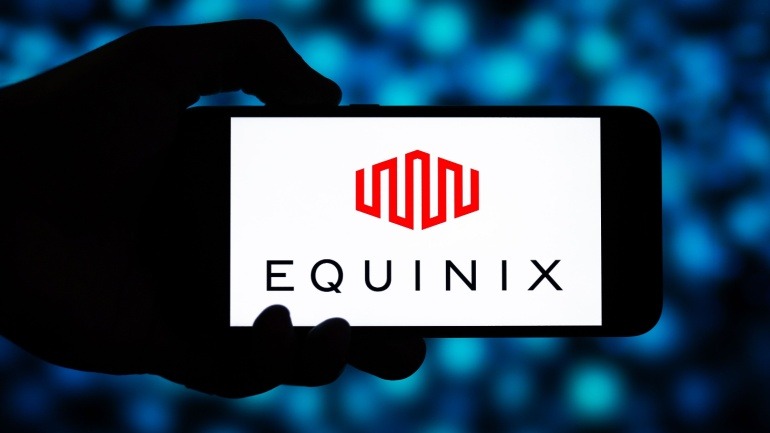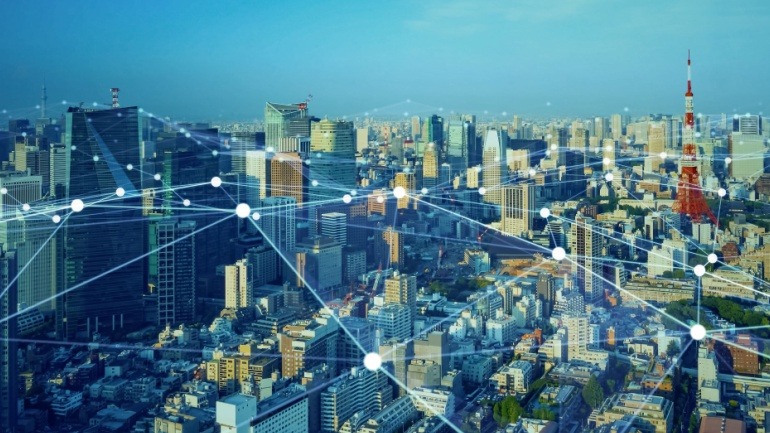Discover how today’s network infrastructure struggles to support AI’s explosive growth. A Nokia study highlights the urgent need for modernization, as current networks fall short of meeting AI demands. With increased focus on AI-native networks, industries must invest to leverage this AI supercycle and avoid bottlenecks.
Arcus Infrastructure Partners is spearheading a strategic move into digital infrastructure with the closing of its European Infrastructure Fund 4. This highlights the soaring interest in digital infrastructure investment driven by rising connectivity demands. Arcus aims to diversify across sectors, including renewable energy, reflecting broader industry trends towards sustainable growth and technology integration.
Equinix’s £3.9 billion investment in Hertfordshire marks a pivotal expansion in the UK for the digital infrastructure leader. By integrating over 250MW of computing power, the new data center development underscores Equinix’s commitment to enhancing the UK’s digital landscape, supporting sectors like healthcare and finance while advancing the nation’s AI leadership.
Local UK manufacturing revolutionizes the telecom sector with high-quality materials and seamless collaboration. The Welsh factory Hutchinson exemplifies this by crafting steel frameworks, employing over 200 locals, and investing in community growth. This UK-based production supports supply-chain resilience, reduces carbon emissions, and ensures skilled British roles thrive.
SK Telecom’s launch of ‘Haein’, a cutting-edge GPU-as-a-Service, marks a significant leap in Korea’s AI infrastructure. With over 1,000 NVIDIA B200 GPUs, Haein supersedes previous offerings, setting a new AI standard.
KCOM CEO Tim Shaw steps down after six years, marking the end of major fibre broadband expansion across East Yorkshire and Lincolnshire. As rivals challenge its market position and regulators push for greater network access, investor Macquarie weighs options.
T-Mobile and Fluid Conservation Systems are transforming US water management with advanced IoT leak detection. This collaboration reduces water loss and infrastructure damage, leveraging T-Mobile’s cellular solutions to provide real-time data on leaks.
Germany’s telecom industry is on the brink of a transformative era, fueled by an unprecedented €631 billion investment plan. Driven by public-private collaboration, this massive pledge aims to enhance communication infrastructure and bolster fiber networks.
Pennsylvania emerges as a key player in AI and energy sectors with over $90 billion in investments. The focus on data centers, energy infrastructure, and AI workforce training promises extensive job opportunities.
CityFibre has secured a remarkable £2.3 billion funding to accelerate its expansion in the UK’s altnet market. This financial boost includes £500 million in new equity and a £960 million debt extension, aiming to strengthen CityFibre’s position against competitors like Openreach.













